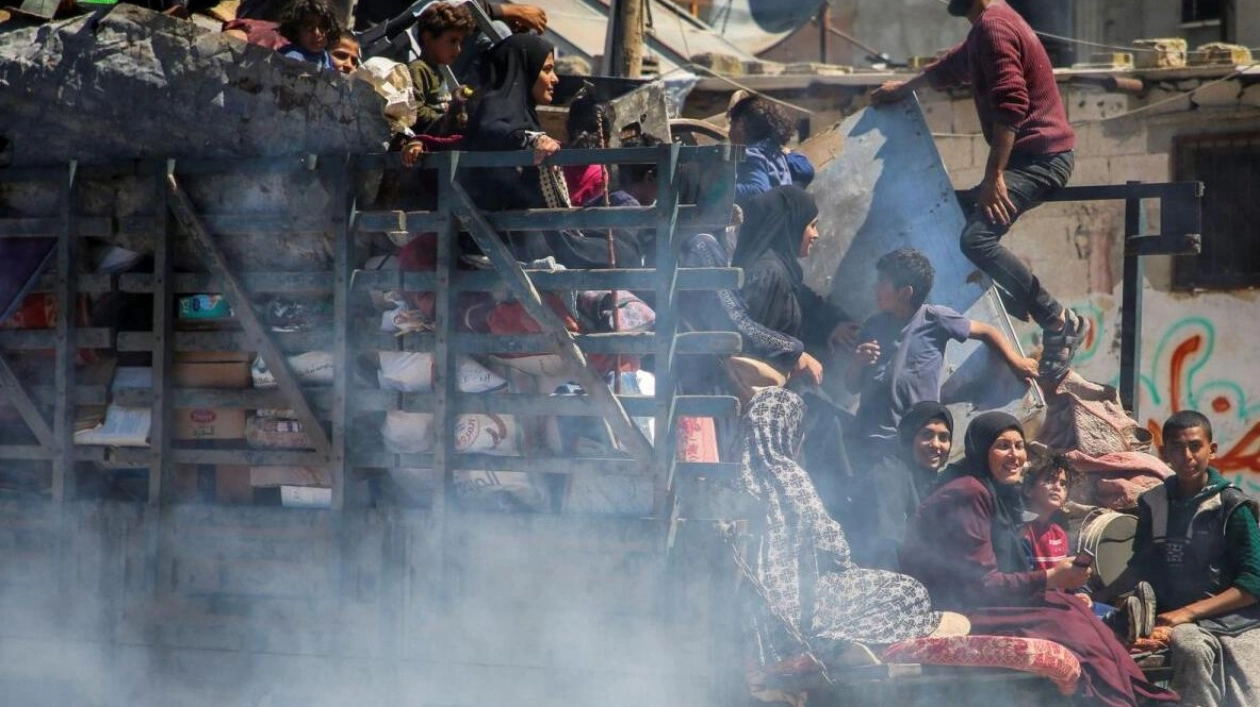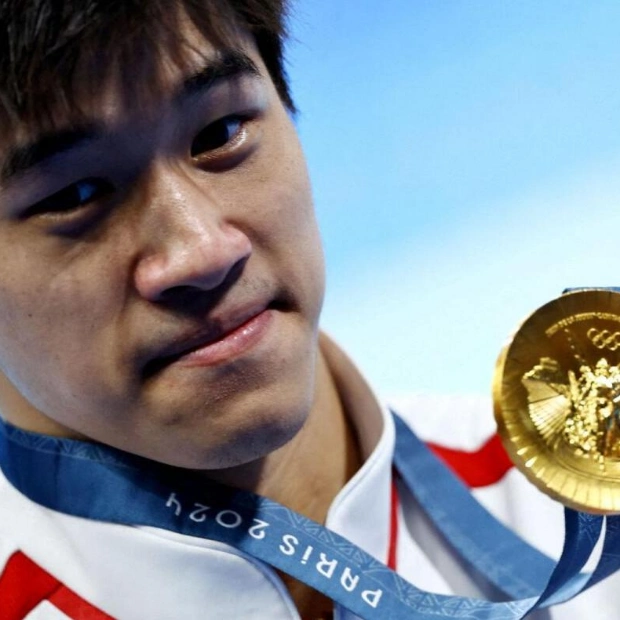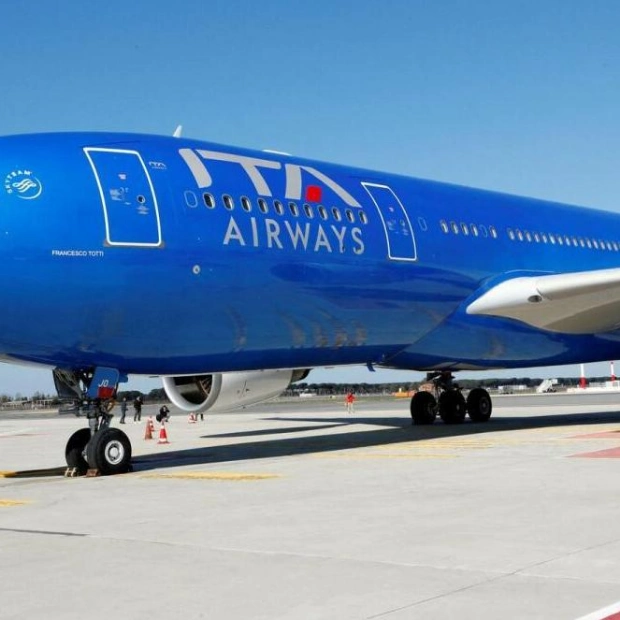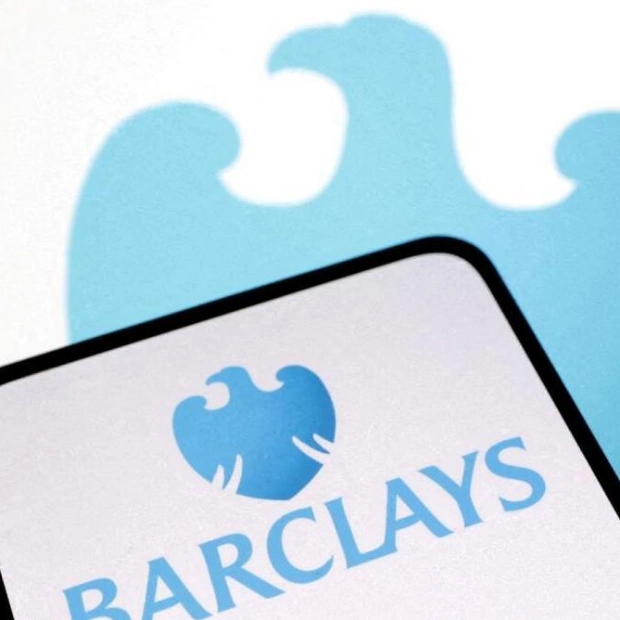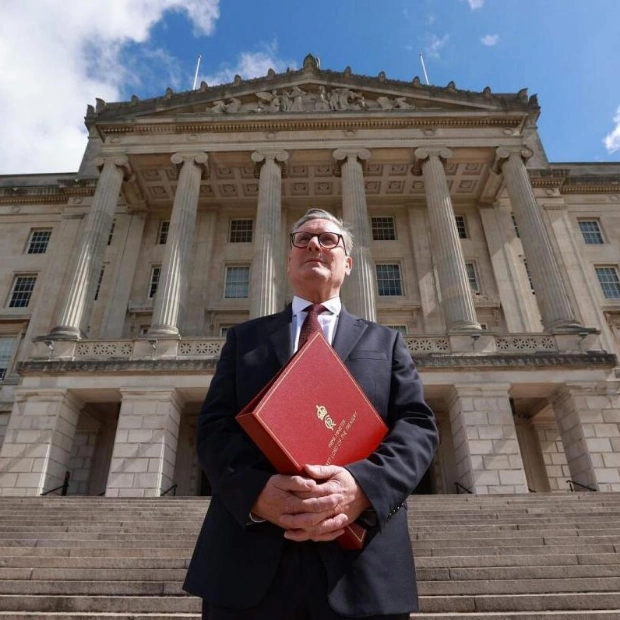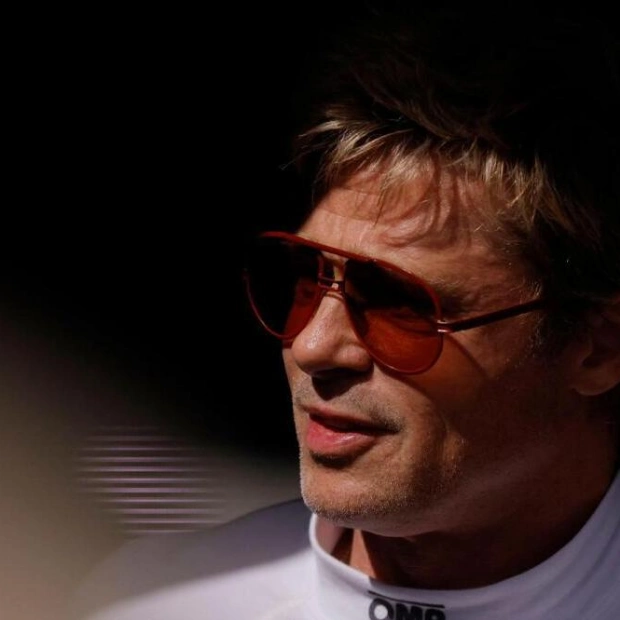Israeli air strikes and artillery continued to target Rafah on Saturday, despite the UN's top court ordering an immediate halt to its military offensive in the southern Gazan city. Efforts in Paris to secure a ceasefire in the war were also ongoing. South Africa brought a case alleging Israeli military operation as 'genocide' to the International Court of Justice, which resulted in an order for Israel to halt its offensive in Rafah and release the hostages held by Hamas. The court also instructed Israel to keep the Rafah crossing open, which had been closed earlier in the month.
Israel, however, showed no sign of changing its course in Rafah and expressed disagreement with the court's decision. National Security Adviser Tzachi Hanegbi emphasized that Israel would not conduct military operations that endanger the Palestinian civilian population. Meanwhile, Hamas welcomed the ICJ ruling on Rafah but criticized its exclusion of the rest of the Palestinian territory.
Despite the ICJ ruling, Israeli strikes and shelling persisted throughout the Gaza Strip, as fighting continued between the army and Hamas's armed wing. Palestinian witnesses and AFP teams reported attacks in various areas, including Rafah, Deir al-Balah, Gaza City, and Jabalia refugee camp.
The ICJ ruling was followed by several significant developments, such as Ireland, Spain, and Norway's decision to recognize a Palestinian state, as well as the International Criminal Court prosecutor's request for arrest warrants for Israeli Prime Minister Benjamin Netanyahu and top Hamas leaders on suspicion of war crimes and crimes against humanity.
